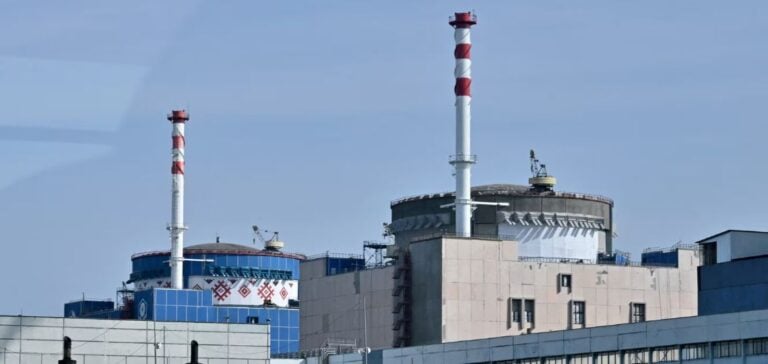The Ukrainian Ministry of Energy, in collaboration with private electricity operator DTEK, has reported extensive damage to the Ukrainian power grid as a result of the Russian strikes. These attacks led to a sharp drop in production capacity, particularly in the thermal energy sector, prompting the Ministry and DTEK to ask consumers, both private and industrial, to limit the use of energy-hungry appliances between 7pm and 10pm to avoid drastic restrictions.
Consequences of strikes and call to action
Recent missile and drone attack campaigns launched by Russia since mid-March have damaged around 80% of Ukraine’s power generation capacity. In response, President Volodymyr Zelensky relayed the gravity of the situation, noting that almost all thermal power generation had been destroyed. The Ukrainian president deplores the inadequacy of external aid for air defense, due to political tensions in Washington blocking Western military aid.
Specific defense challenges and international appeals
The destruction of a large thermal power plant near Kiev on April 11, due to a lack of ammunition for anti-aircraft defense, was a point of discussion during Zelensky’s interview with the American channel PBS. He expressed his frustration, mentioning that out of eleven missiles targeting the plant, only seven were intercepted, while the remaining four succeeded in destroying the Trypillia plant.
Faced with this critical situation, Ukraine has been forced to react not only with calls for moderation in electricity consumption, but also with a renewed appeal for international solidarity. Managing energy consumption is a priority to maintain the stability of the power grid and meet the immediate needs of the population and industry.






















